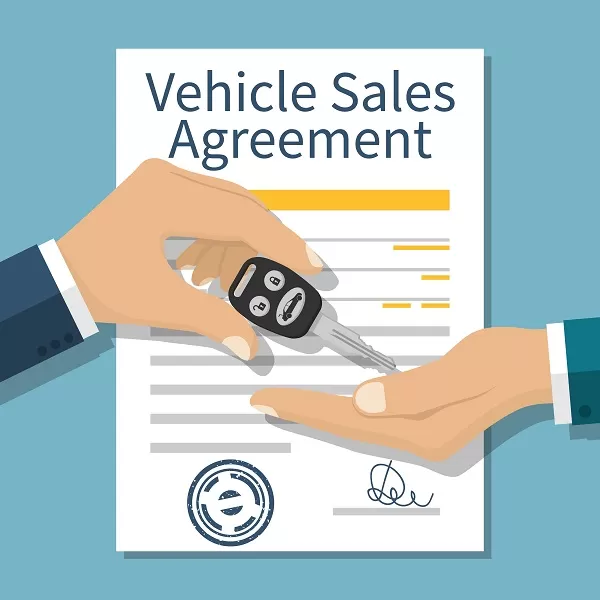Car Buying: Getting Started
A new car is second only to a home as the most expensive purchase many consumers make. That's why it's important to know how to make a smart deal.
Researching Your New Car
Think about what car model and options you want and how much you're willing to spend. Do some research. You'll be less likely to feel pressured into making a hasty or expensive decision at the showroom and more likely to get a better deal.
Consider these suggestions:
- Check publications online, at a library or bookstore that discuss new car features and prices. These may provide information on the dealer's costs for specific models and options.
- Shop around to get the best possible price by comparing models and prices in ads and at dealer showrooms. You also may want to contact your credit union or a car-buying service to make comparisons.
- Plan to negotiate on price. Dealers may be willing to bargain on their profit margin, often between 10 and 20 percent. Usually, this is the difference between the manufacturer's suggested retail price (MSRP) and the invoice price.
- Because the price is a factor in the dealer's calculations regardless of whether you pay cash or finance your car - and also affects your monthly payments - negotiating the price can save you money.
- Consider ordering your new car if you don't see what you want on the dealer's lot. This may involve a delay, but cars on the lot may have options you don't want - and that can raise the price. However, dealers often want to sell their current inventory quickly, so you may be able to negotiate a good deal if an in-stock car meets your needs.



